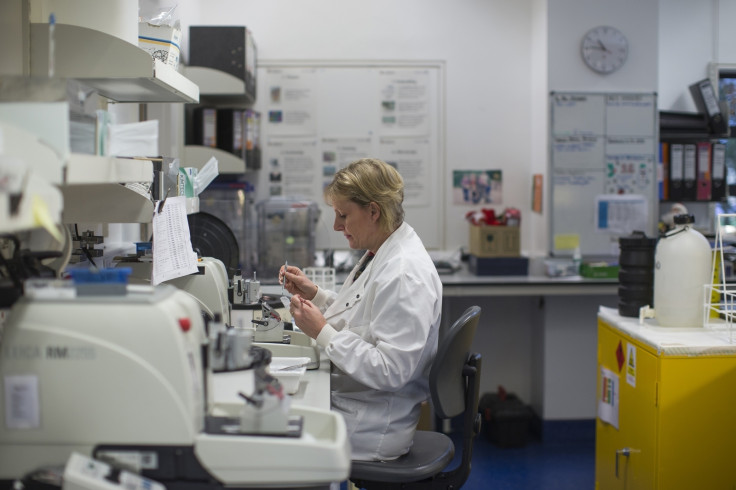Doctors could soon use AI-based systems to detect skin cancers early
Researchers have developed an AI-based approach that conducts a quicker diagnosis of melanoma skin cancer.

At the 14th International Conference on Image Analysis and Recognition, a team of researchers presented an AI-based system, which can detect skin cancer earlier than current methods of diagnosis.
The new method, developed by researchers from the University of Waterloo, uses a machine-learning software that analyses images of skin lesions, such as moles, and looks for biomarkers of melanoma, a form of skin cancer, which can also prove deadly if detected too late.
It then follows an appearance-based approach to match these lesions with tens of thousands of skin images. The system targets strongest indicators of cancer and looks for changes in concentration and distribution of eumelanin –a chemical which defines skin colour– and hemoglobin levels.
Finally, it combines that data with consistent, quantitative information and hands out a report, detailing characteristic information of the abrasions to help doctors decide whether a patient should undergo expensive biopsies to diagnose the disease.
"This could be a very powerful tool for skin cancer clinical decision support," said Alexander Wong, a professor who worked on the study. "The more interpretable information there is, the better the decisions are."
The current method of primary diagnosis solely depends on subjective visual examination and judgment capability of a doctor. "There can be a huge lag time before doctors even figure out what is going on with the patient," the researcher added. "Our goal is to shorten that process".
The research team plans to deploy their AI system into operational use from as early as next year. But it is still unclear if the final version of the system will diagnose more than one form of skin cancer.
Melanoma is the second most common form of cancer among people under 50. It is fifth most common in the UK, with nearly 15,000 new cases (16% deadly) being reported every year.
© Copyright IBTimes 2025. All rights reserved.





















